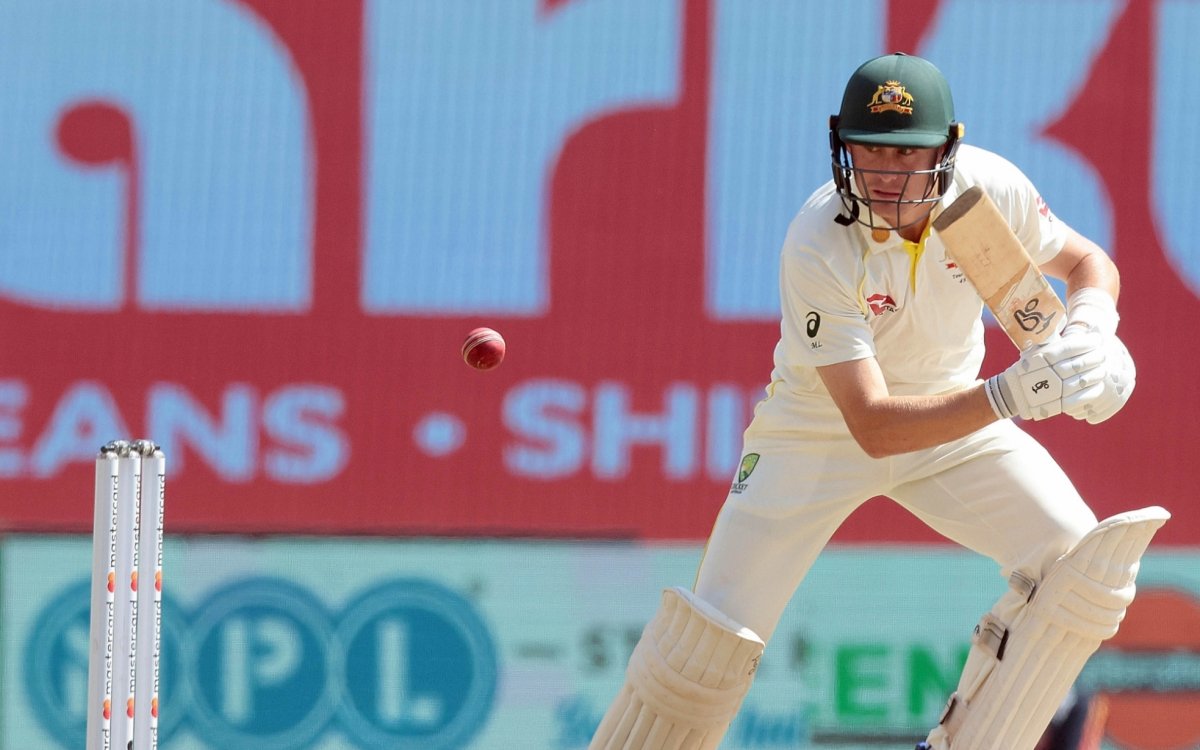Around The Wicket: Former Australia captain Michael Clarke has noted a technical change in Marnus Labuschagne’s batting and has backed the top-order batter to rectify it and be back to scoring ways for the tour of New Zealand.
Labuschagne had a horrid time in Australia’s drawn 1-1 Test series against the West Indies, making just 19 runs in four innings. His average for the Australia Test summer stands at 28.25, after amassing 226 runs overall. Moreover, he has scored just one century and six half-centuries in his last 18 Test matches.
“The only thing I can see technically is that he just looks to be squaring up a little bit with his right shoulder. So mainly the balls that are that back-of-a-length, instead of staying really side on like he does and back-foot defends the ball to cover or to point, or even drops it to his feet, he’s just squaring up a little bit. And that’s why he’s playing a little in front of himself, edging it to a second, third (slip), gully area.”
“Again, he’s such a good player, he’ll go away now, he’ll work on that before New Zealand. You can’t write Marnus off. He’s batting at No. 3 which is one of the toughest positions in Test cricket. Don’t be surprised if he comes out against New Zealand and he’s the leading run-scorer. About every top-class batsman goes through a stage like this,” said Clarke to ESPN’s Around The Wicket show.
Australia’s next Test assignment is a two-match series against New Zealand, starting on February 29. Former cricketer Callum Ferguson believes the challenge will be huge for Australia’s top order batters comprising Labuschagne, Steve Smith and Usman Khawaja when they head to New Zealand for the series coming under 2023-2025 World Test Championship cycle.
“Don’t think Marnus is the only one getting caught out squaring up and that can be a bit of a result of batting on some wickets that are bowler-friendly. You just get a little bit out of shape, so they’re going to have to do some hard work before they get over to New Zealand to just get a bit more side on, a few of them, and start playing a touch later. Because over in New Zealand they’ll be seaming, swinging conditions and New Zealand are very good at extracting the most out of those pitches.”



